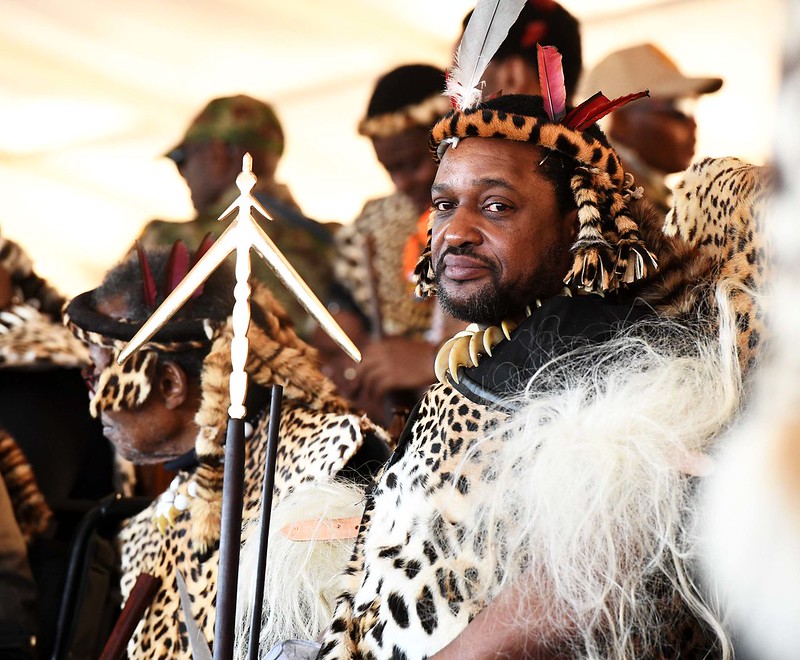
Renowned science fiction writer Arthur C. Clarke once famously stated that advanced technology can seem like magic. In today’s world, with AI-powered assistants, augmented reality, and remarkable progress in medicine and space exploration, Clarke’s words resonate strongly. What was once only seen in science fiction—such as instant communication, self-driving cars, and virtual realities—is now a part of our daily lives and can feel truly magical.
Throughout history, advancements that seemed miraculous in one generation quickly became commonplace in the next. The 19th century saw inventions like the telegraph, enabling instant communication over vast distances, and the airplane, defying gravity to make flight accessible to all. Each of these breakthroughs challenged the understanding of science at the time and sparked wonder.
In today’s era, innovations like smartphones have revolutionized how we access global knowledge, entertainment, and communication all within a handheld device. These technologies would have seemed like pure fantasy to previous generations.
Modern advancements that evoke a feeling of magic include Artificial Intelligence (AI) and Machine Learning, empowering machines to learn from experience and perform tasks like language understanding, facial recognition, and predictions. Virtual and Augmented Reality (VR and AR) technologies allow users to interact with alternate digital worlds, creating immersive experiences. Genetic engineering and CRISPR have unlocked the potential to alter DNA, cure genetic diseases, and potentially revive extinct species. Quantum Computing, utilizing quantum mechanics principles, offers unparalleled computational power beyond conventional logic.
While magical technologies excite and fascinate us, they also come with risks. The complexity of AI algorithms raises concerns about privacy, ethics, and biases. There is also a danger of becoming overly reliant on technology without fully understanding its impact or implications, akin to the hidden costs seen in magical stories.
To navigate this world of magical technology responsibly, it is crucial to demystify these advancements. Educating the public about AI, cybersecurity, and digital privacy empowers individuals to make informed decisions. Bridging the gap between technology and users through science communication, education, and innovation ensures that we can appreciate the wonders of modern technology while understanding its limitations and ethical considerations. As we embrace the magic of technology, we must never forget that it is a product of human ingenuity and science, requiring responsible use and ongoing education to fully realize its potential.





